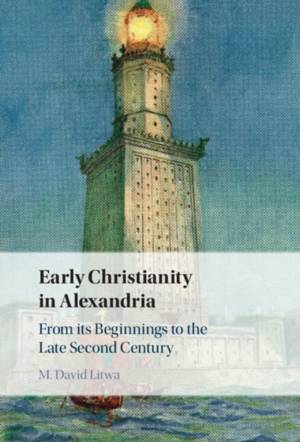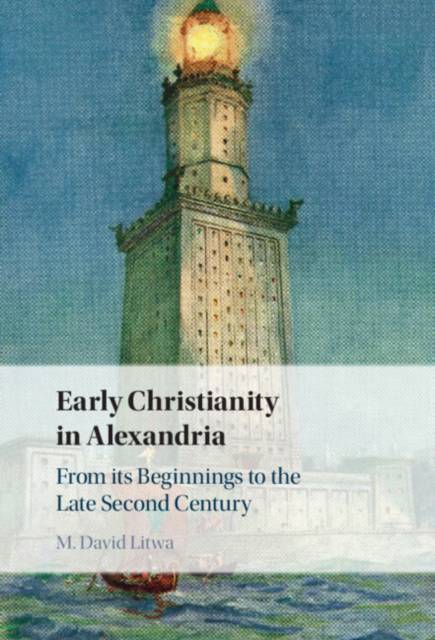
- Afhalen na 1 uur in een winkel met voorraad
- Gratis thuislevering in België vanaf € 30
- Ruim aanbod met 7 miljoen producten
- Afhalen na 1 uur in een winkel met voorraad
- Gratis thuislevering in België vanaf € 30
- Ruim aanbod met 7 miljoen producten
Zoeken
Early Christianity in Alexandria
From its Beginnings to the Late Second Century
M David Litwa
Hardcover | Engels
€ 158,95
+ 317 punten
Omschrijving
Alexandria was the epicenter of Hellenic learning in the ancient Mediterranean world, yet little is known about how Christianity arrived and developed in the city during the late first and early second century CE. In this volume, M. David Litwa employs underused data from the Nag Hammadi codices and early Christian writings to open up new vistas on the creative theologians who invented Christianities in Alexandria prior to Origen and the catechetical school of the third century. With clarity and precision, he traces the surprising theological continuities that connect Philo and later figures, including Basilides, Carpocrates, Prodicus, and Julius Cassianus, among others. Litwa demonstrates how the earliest followers of Jesus navigated Jewish theology and tradition, while simultaneously rejecting many Jewish customs and identity markers before and after the Diaspora Revolt. His book shows how Christianity in Alexandria developed distinctive traits and seeded the world with ideas that still resonate today.
Specificaties
Betrokkenen
- Auteur(s):
- Uitgeverij:
Inhoud
- Aantal bladzijden:
- 350
- Taal:
- Engels
Eigenschappen
- Productcode (EAN):
- 9781009449557
- Verschijningsdatum:
- 21/12/2023
- Uitvoering:
- Hardcover
- Formaat:
- Genaaid
- Afmetingen:
- 152 mm x 229 mm
- Gewicht:
- 521 g

Alleen bij Standaard Boekhandel
+ 317 punten op je klantenkaart van Standaard Boekhandel
Beoordelingen
We publiceren alleen reviews die voldoen aan de voorwaarden voor reviews. Bekijk onze voorwaarden voor reviews.











